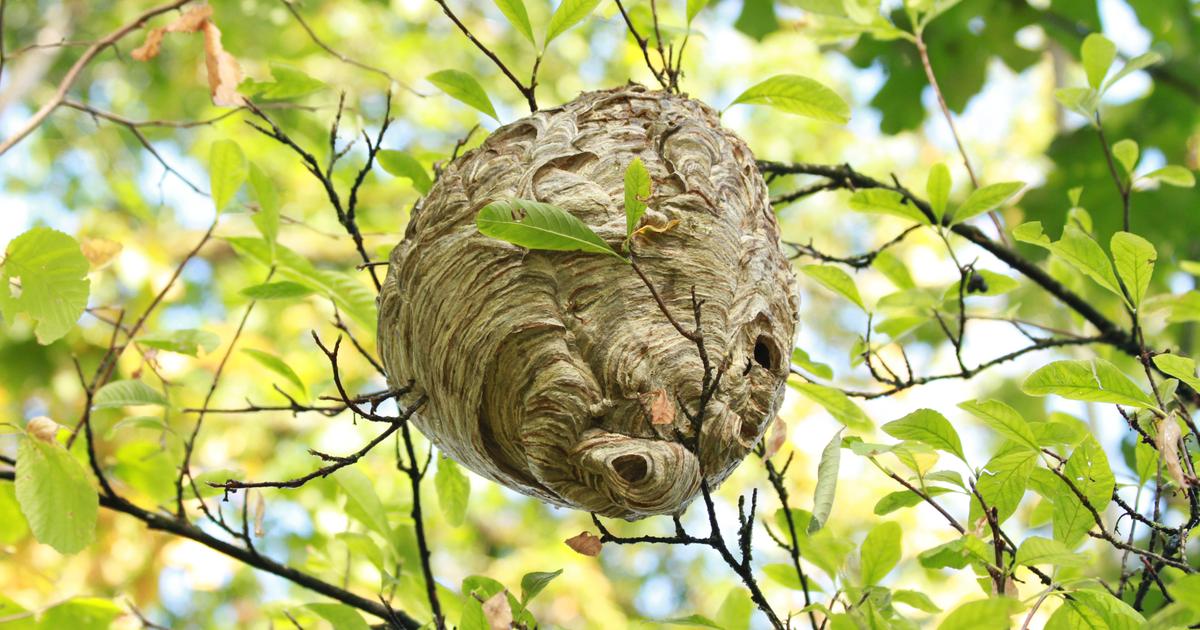The members' room of the Sociedad Unión Agraria de Bonares (Huelva, 6,093 inhabitants) is very far from the corridors of the European Parliament.
Sebastián Coronel, an 87-year-old retired farmer who reads the press on a wooden table, admits that what transcends beyond his region about the controversial irrigation expansion law promoted by PP and Vox in the Andalusian Parliament escapes him. , but its local implications are very clear.
"Water is needed and things are serious, but we must look for it without affecting Doñana and it should be done leaving aside political interests to add votes that what they do is boil spirits even more and divide."
Bonares, together with Almonte, Moguer, Rociana del Condado and Lucena del Puerto,
More information
The crossroads of Moreno Bonilla in Doñana
This veteran bonariego summarizes the general perception in this territory of 65,000 registered inhabitants and 650 square kilometers.
In the foreground is the discontent of many farmers in the area, who in 2014 saw how their plots were excluded from the designation of agricultural and irrigated land in the Special Plan for Resource Management of the Doñana Forest Crown, also known as
strawberry plan.
In the background, the lucrative red fruit industry, which the province of Huelva monopolizes with 97% of national production, of which 80% is concentrated in the North Crown, according to figures from Freshuelva, the sector's employers' association.
Sebastian Coronel, retired and former farmer from Bonares, Huelva.PACO PUENTES
The struggle for the rural vote
PP and Vox tried to capitalize on this discomfort in their strategy to wrest the rural vote from the PSOE, presenting in December 2021 a first legislative initiative similar to the current one and which declined with the advancement of the regional elections, in which the popular candidate, Juan Manuel Moreno, swept the five towns of the North Crown, where the popular had always been a minority.
In Moguer (22,643 inhabitants), Bonares (6,060) and Rociana (7,866), the PSOE governs with an absolute majority;
in Almonte (25,448), the mayor's office is in the hands of the independent formation Grupo Mesa de Convergencia with the presence of the Socialists;
and in Lucena del Puerto (3,213) the mayor is from Independientes por Lucena.
The popular ones seek this 28-M to consolidate that promotion in the municipal ones to achieve their dream objective of taking over the Diputación de Huelva, a socialist bastion.
They also intend to use Doñana and the support for its farmers as an example in the rest of Andalusia to erase Vox from the fight for the rural vote and incidentally add support from the socialists who are dissatisfied with Sánchez, according to sources from the party leadership in community.
“Where is Vox in this debate?” they wonder.
"Here what has been done is to kick a hornet's nest and when that is done, it happens that they sting you on all sides," explains Juan Antonio García, mayor of Bonares and vice president of the Huelva Provincial Council.
García does not hide the concern in the Huelva PSOE about the short-term consequences of the law at the polls: “Last year there was hardly any repercussion with the law, but now there is no citizen who does not know what is happening, who has not listened to the scientists, to Unesco, to the European Commission… Now he knows who may have been deceiving”, he maintains.
Appealing to the falsehood that the PP law entails, emphasizing that it recognizes water concession rights that can only be granted by the Guadalquivir Hydrographic Confederation, is the strategy of the Socialists in the Northern Crown.
Juan Antonio Garc'a, mayor of Bonares, Huelva, this Friday.PACO PUENTES
Although the law presented by the PP and Vox does not specify the number of hectares that could be regularized ―the Platform in Defense of County Irrigation speaks of 350 farms and between 700 and 800 hectares and WWF raises them to 1,900―, Lucena del Puerto It is one of the municipalities of the Corona Norte that would benefit the most from the measure.
Its mayor, Manuel Mora, estimates the extension at about 334 hectares.
“There will be those who can demonstrate that they were legal and irrigating, and those who cannot demonstrate it and will not be able to regulate it.
It is a matter of justice.
Do you think that farmers are going to give up land that has been cultivated for 80 years?” says Mora, who is not running for re-election.
“They have made us all fight each other”
The question of the councilor of Lucena del Puerto contains another of the consequences that the initiative to regularize irrigation has caused: the confrontation between the farmers of the region who believe that their situation should be legalized, reclassifying the dry land on which they have been cultivating, represented by the County Irrigation Platform;
and the farmers of Almonte and part of Rociana, who come together in the Puerta de Doñana association, who broke with that entity in 2021, considering themselves harmed.
They are the only ones that irrigate with water from the Doñana aquifer and of the 20 cubic hectometres of surface water that must come from the future transfer of the Tinto, Odiel and Piedra basin, they are the ones that have already been awarded the largest volume by the CHG —in fact, they already receive seven hectometres—,
“Legally, we believe that the plan has little progress, but if it were successful, they would have the same right to receive surface water.
We have been complying with the rules for 40 years while they have expanded or irrigated their farms illegally and now they are granted amnesty”, explains Manuel Delgado, the spokesman for Puerta de Doñana.
“They have made all the farmers fight among ourselves.
If it is necessary to regularize, let it be done, but looking for other water resources and without treating all of us equally ”, he abounds.
“Moreno did not think that this was going to have such an impact or, above all, that it was going to have so many people against it.
It was believed that talking to the platform would have all the farmers united, when this is not the case,” says Delgado.
Manuel Delgado Lachica, spokesman for the Puerta de Doñana Farmers Association, at a red berry farm in Almonte.
PACO BRIDGES
The other farmers mentioned and promoters of the law, deny the largest.
"Freshuelva, the agrarian organizations, the agri-food cooperatives support us... What we did not expect is the belligerence of the socialist government," says Julio Díaz, spokesman for the Platform.
He recalls that the entity was established in 2012 to claim investment in water infrastructure, but also to "recover the historic lands of many families who had been saving for decades to buy them and who saw that they were left out of the Crown's plan."
Díaz, in line with the PP and the Junta, also criticizes the central government for not having executed the infrastructure committed to bring water to Doñana in recent years.
A dry red fruit farm in Almonte, Huelva.PACO PUENTES
A damaged quality label
Of the 8,300 hectares recognized as irrigable in the strawberry plan, 4,200 belong to Almonte, all irrigated with water from the Guadalquivir basin.
Its mayoress, Rocío del Mar Castellano, recalls that the 2018 transfer law was made so that the water reached the heart of Doñana and points out: "This regulation is nonsense that is affecting us and our farmers very negatively because all this noise is harming our products.
Nobody knows which ones are irrigated with legal water and which ones are not, and all for ripping off a handful of votes from the towns in the county,” she points out.
"Doñana is a hallmark of quality of our products and we are obliged by responsibility to maintain them", she abounds.
Reputational damage is also another negative effect that all those involved recognize, although they disagree about the origin.
Despite the differences, they all agree that the only way to redirect the situation is through dialogue between the central and regional administrations and the municipal governments involved, recovering the consensus reached in the different advisory bodies of the province.
But they also recognize that until this electoral cycle is over, it will not be feasible.
.
"In Doñana we have seen many plans, but none have worked and the situation is getting worse," recalls farmer Sebastián Coronel, as he turns the page of his newspaper.
A sculpture of the Virgen del Rocío in Almonte, Huelva.PACO PUENTES
03:19
Video analysis: How will the extraction of water from Doñana be when it is going to be regularized?
Subscribe to continue reading
Read without limits
Keep reading
I'm already a subscriber


/cloudfront-eu-central-1.images.arcpublishing.com/prisa/DGSDSFXR4JH2FETCLHXGLMTMYQ.jpg)



/cloudfront-eu-central-1.images.arcpublishing.com/prisa/OGGQZRYQ7VCBDOAJ24KQNAEABM.jpg)

